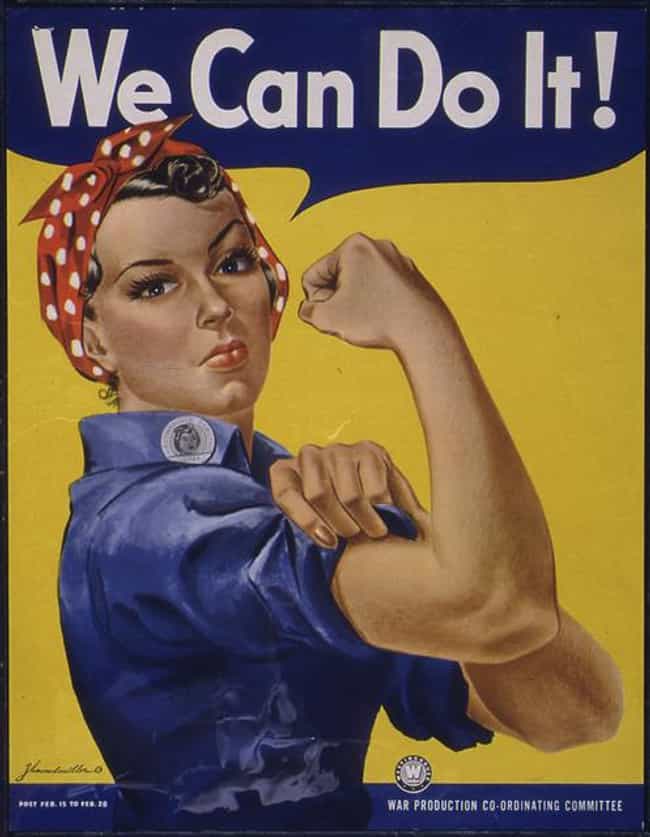WORLD EDUCATION
"Build Up Girls"
Women and girls in the developing world are often denied opportunities for education. Lack of education limits prospects, decreases family income, reduces health, puts women and girls at risk of trafficking and exploitation, and limits the economic advancement of entire countries.
World Education believes that education for girls and women is the single most effective way to improve the lives of individual families as well as to bring economic development to poor communities worldwide.
This helped me go further with my research of education, stating facts about women education that later on inspired me for my project.
Source: https://www.worlded.org/WEIInternet/international/expertise/display.cfm?tid=1004&id=756
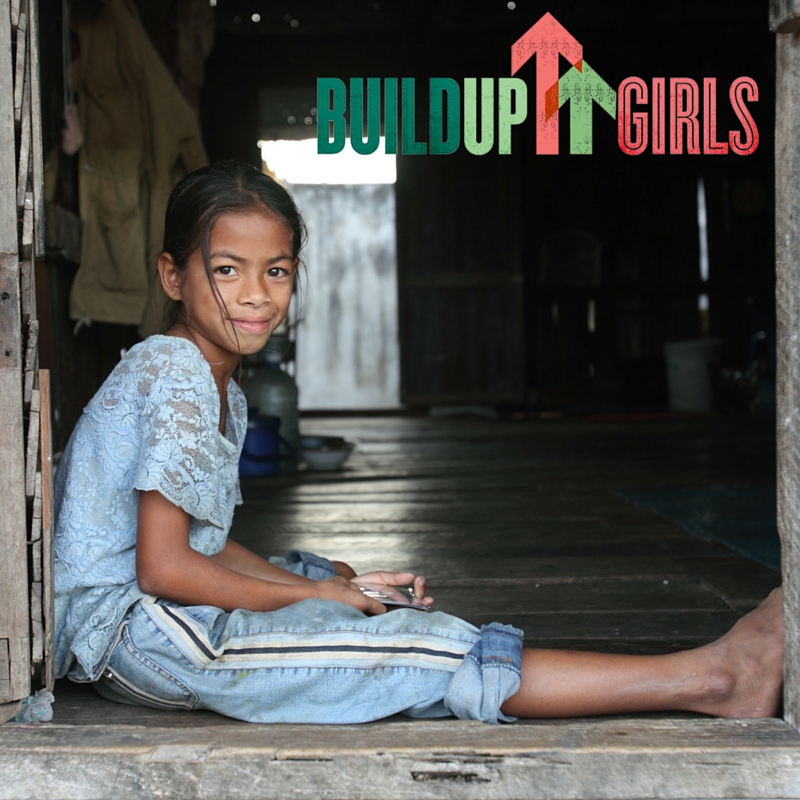
GUERILLA GIRLS
Women Get Resentful"
This was a poster made my the "guerilla girls" which aim was to defend women's rights when it comes to the art world stating that most men are the ones that get the chance to exhibit their work and not girls.
Source: https://www.guerrillagirls.com/projects/

ANTHONY BURRILL
"Oil and Water Do Not Mix"
This screen-printed poster was made with oil collected from the 2010 Gulf of Mexico disaster. Proceeds from the sale of the print were donated to CRCL (Coalition to Restore Coastal Louisiana) a non-profit organisation dedicated to restoring the Gulf of Mexico’s coastal wetlands. The project was conceived and produced in collaboration with Happiness Brussels.
Source: https://www.bigactive.com/motion/oil-water-mix/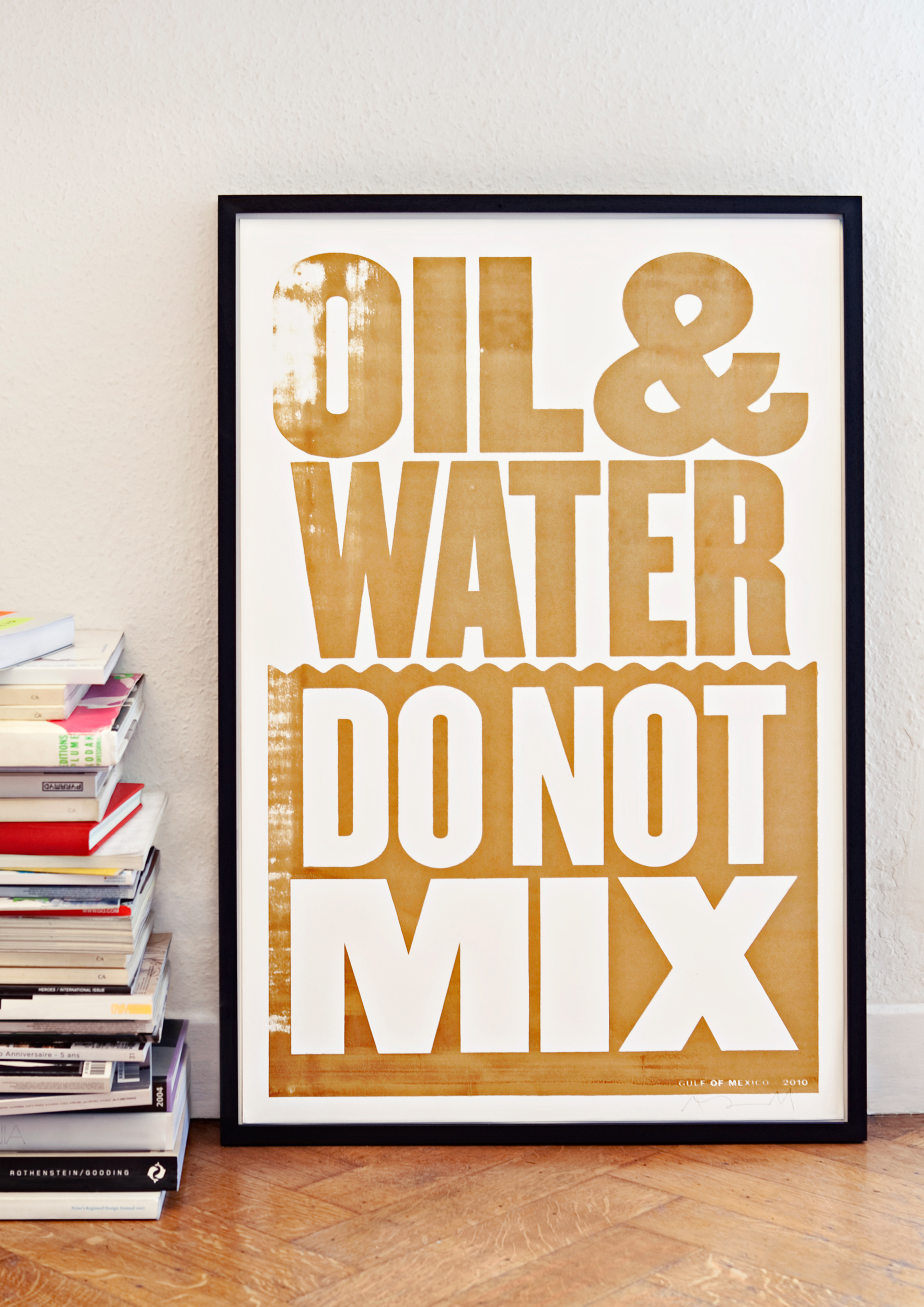
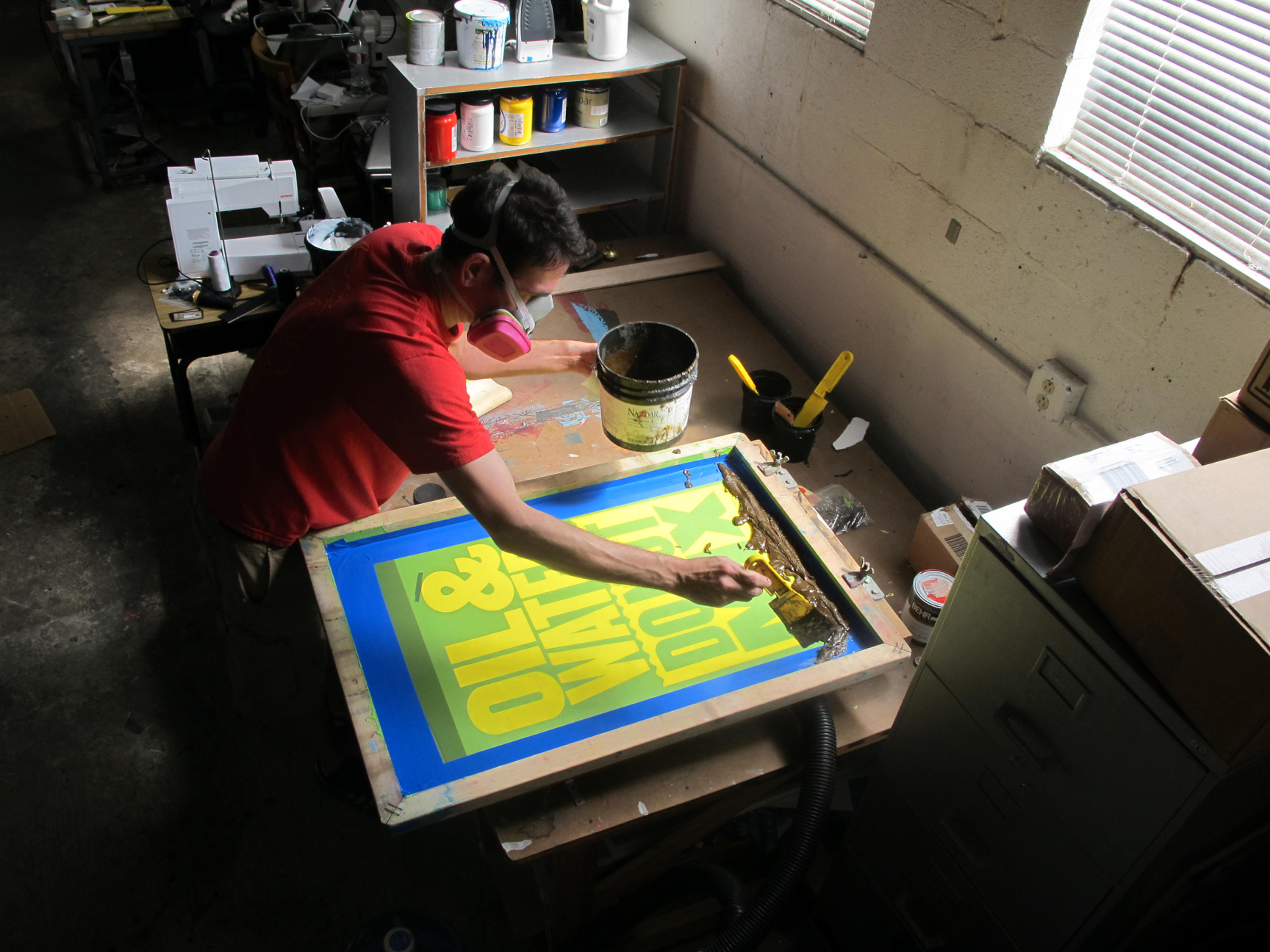
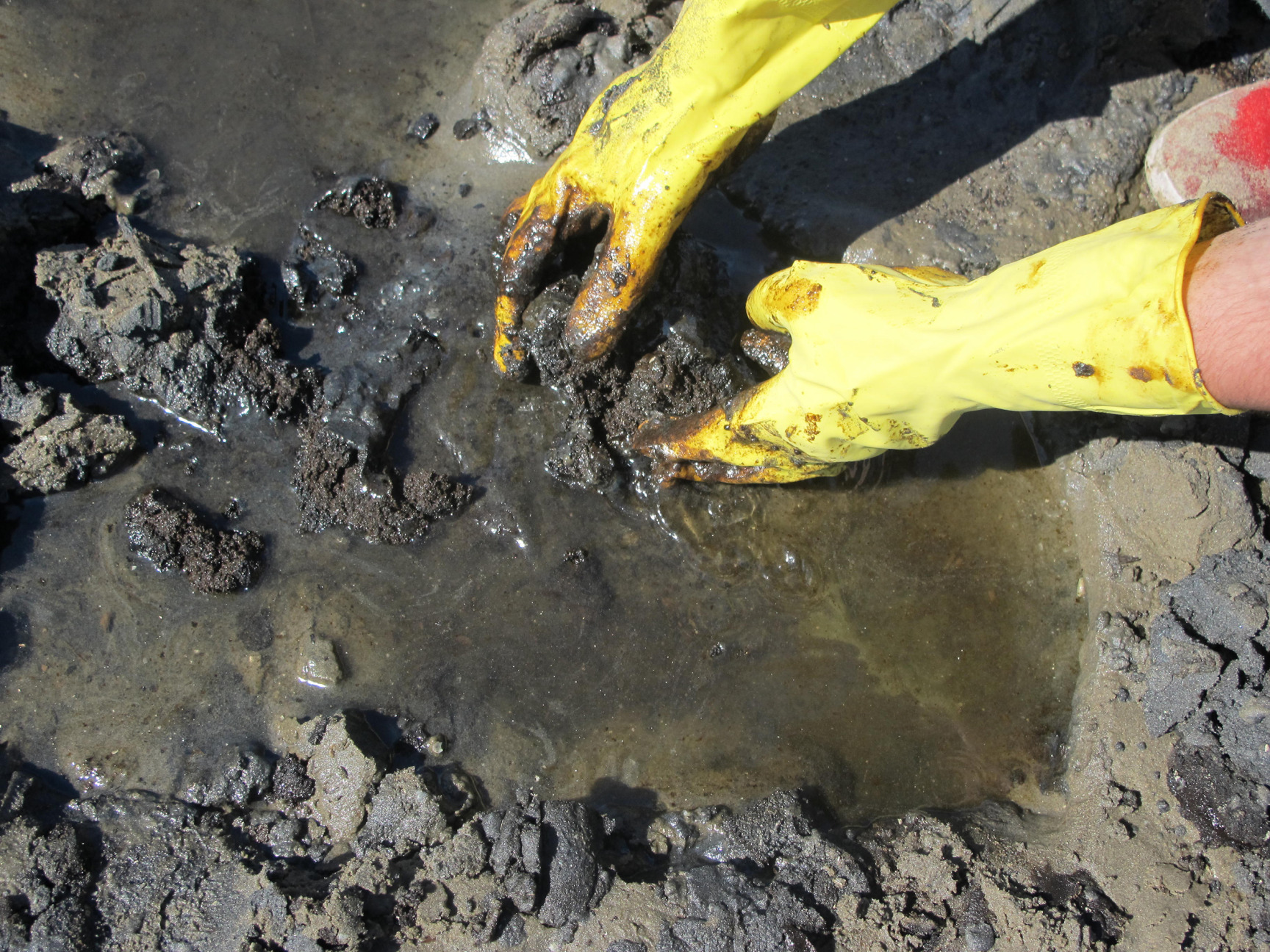
MAORI OVERSTREET
"Pop Art Education"
This piece of art was also another way of portraying humans right to education which was part of my further research.
Source: https://www.artmajeur.com/en/maorioverstreet/artworks/9508729/pop-art-education
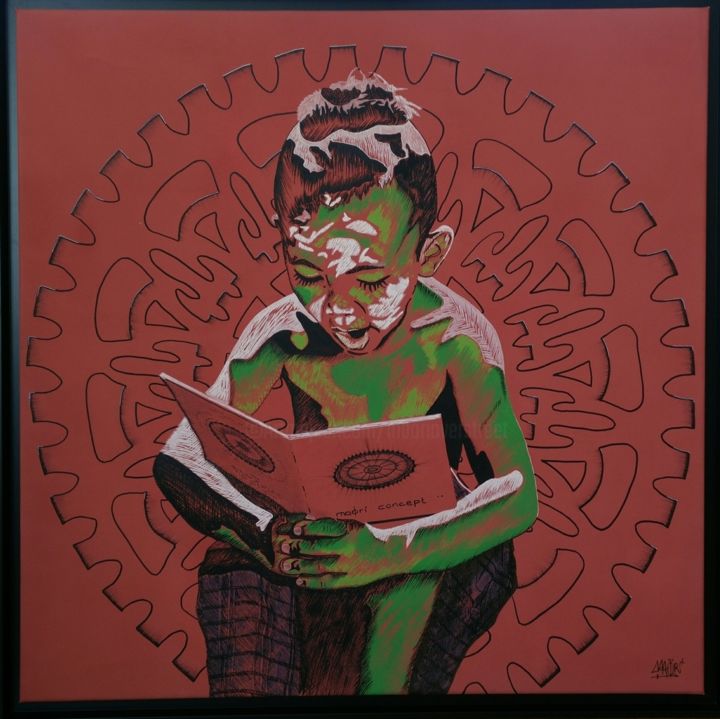
GUERILLA GIRLS
"¿TIENEN QUE ESTAR DESNUDAS LAS MUJERES PARA ENTRAR EN EL MET?"
Do women have to be naked to get into the Met Museum? in Spanish for their project at Centro Cultural Metropolitano Quito, Ecuadorin
This article/piece inspired me for my first ideas of this project when I was thinking about women's only and wanted to base my project on them.
Source: https://www.guerrillagirls.com/projects/

UNKNOWN
"Do with less"
Rationing was a part of daily life in the Allied countries, and the civilian population had to pull together and be okay with having less abundance. This poster (which has since become a popular Internet meme) reminds citizens that they're going without the luxury of coffee so the men at the front can have it.
JMA FLAG
"Uncle Sam"
Maybe the most famous recruitment poster in American history, JM Flagg designed the famous picture of Uncle Sam in 1917, based on a poster of British high-ranking officer Lord Kitchener. Flagg used his own face as the model for Uncle Sam and veteran Walter Botts sat for the pose.
It made the war a personal crusade, denoting that the US doesn't want someone else to fight, it wants YOU to fight.
Source: https://www.ranker.com/list/ww2-propaganda/mike-rothschild
SHANMUKHA INKAS
"Human Rights"
I took my research and ideas further, I chose to make my project about education rights for all human beings and the advantages of education aiming to encourage the audience to continue their education.
This piece by Shanmukha Inkas was an inpiration because of the way he sent his message about education rights to the world.
Source: https://www.saatchiart.com/art/Painting-Human-Rights-Right-to-Education/564116/2578237/view

CORAL STOKES
"I Wish"
Coral Stokes, placard made for the
March for the Alternative, 2011
This placard was an example of the women's rights research I was working on.
It was made for march that was defending our rights as women and i really liked the catchphrase.
Source: http://saveourplacards.blogspot.com/2014/07/i-wish-my-boyfriend.html


SEYMOUR GOFF
"Loose Lips Sink Ships"
One of the most important facets of fighting the war at home was secrecy. This poster, designed by Seymour Goff for workers at Seagram Distillery, was typical of the fear-based campaign designed to keep people from accidentally blabbing about naval movements. Most other countries had campaigns like this as well, with German posters exclaiming "Schäm Dich, Schwätzer!" ("Shame on you, blabbermouth!").
J. HOWARD MILLER
"We Can Do It!"
J. Howard Miller designed this inspirational poster in 1943 as a morale booster for Westinghouse Electric employees. It was one of many propaganda uses of women workers doing their part to make the equipment needed for men at the front. The poster wasn't used much in the war and was only rediscovered in the 1980s.
The woman posing is not the iconic "Rosie the Riveter," but factory employee Geraldine Hoff, who left the Westinghouse factory shortly after the photo was taken.




